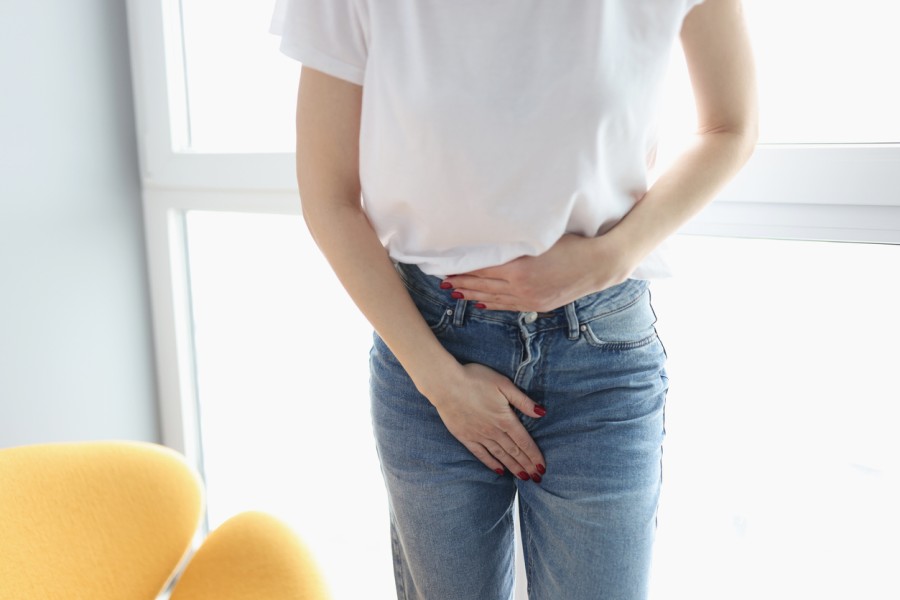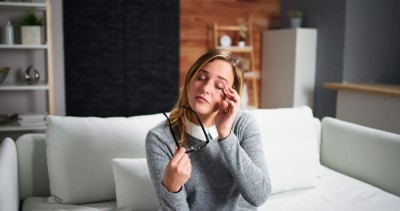Free shipping for orders over 39.00€
Frequent Urination: When Should I Worry and What Could It Mean?

Needing to use the bathroom more often than usual isn’t automatically a cause for concern.
We’ve all had periods where we drink more water, coffee, or tea—or feel a bit more stressed—and all of these can increase urination frequency.
However, when frequent urination becomes bothersome, recurring, or comes with other symptoms, it’s worth paying attention.
What is Frequent Urination?
Frequent urination refers to the urgent and repeated need to urinate small amounts of urine during the day. It is considered frequent when someone urinates more than 8 times per day. Frequent urination during the night (more than twice) is called nocturia.
What’s “normal” can vary, but if the issue disrupts daily life or is accompanied by other symptoms, it warrants further investigation.
Frequent Urination with Burning Sensation
The most common case of frequent urination with burning or stinging during urination is urinary tract infection (UTI). In most cases, bacteria enter the urinary system through the urethra. In women, the bacteria usually come from the vaginal or anal area due to anatomical structure.
Other symptoms of a UTI may include:
-
Urine leakage or incontinence
-
Pain or burning during urination
-
Strong-smelling urine
-
Blood in the urine
-
Persistent urge to urinate
-
Lower abdominal pain
-
Fever
-
Chills
-
Nausea
Treatment is typically with antibiotics, always following medical evaluation and ideally after a urine culture. In such cases, you should consult your doctor or pharmacist for guidance.
Frequent Urination without Burning
Frequent urination doesn’t always point to a health issue, as it can result from high fluid intake. The frequency of urination varies depending on diet and lifestyle.
In general, it becomes problematic when it interferes with daily life—like waking up at night or disrupting social and professional activities.
When there is no burning or pain, potential causes include:
-
High fluid intake (water, caffeine, alcohol)
-
Pregnancy, due to increased pressure on the bladder
-
Anxiety or stress, which can activate the nervous system and trigger urination
-
Cold environments, which can increase urine production
-
Diabetes mellitus, especially when accompanied by thirst or unexplained weight loss
-
Overactive bladder, where the bladder signals the need to urinate too early or too often
If frequent urination without other symptoms persists for more than a few days, it’s best to consult a doctor to rule out underlying conditions.
When Is Frequent Urination Concerning?
While often harmless and temporary, frequent urination can sometimes indicate a more serious issue. Seek medical advice if you notice:
-
Blood in the urine
-
Fever or chills
-
Severe pain in the back or side (may involve the kidneys)
-
Frequent urination with incontinence
-
Nocturia that consistently disrupts sleep
-
Other symptoms like fatigue, weight loss, or intense thirst (possible signs of diabetes)
In children or the elderly, these symptoms require prompt evaluation.
Practical Tips from the Pharmacy
-
Stay hydrated: Don’t limit water intake out of fear—proper hydration helps prevent infections.
-
Urinary health products such as supplements with D-mannose, cranberry, or probiotics may offer preventive or supportive benefits.
-
Urine self-tests for UTI indicators exist but do not replace medical diagnosis.
-
Pharmacists can guide you based on your medical history and symptoms.
In Summary
Frequent urination is a common symptom usually linked to benign causes, but it may sometimes signal underlying conditions needing medical attention.
The key is to listen to your body, not ignore persistent or troubling symptoms, and seek professional guidance when necessary.






